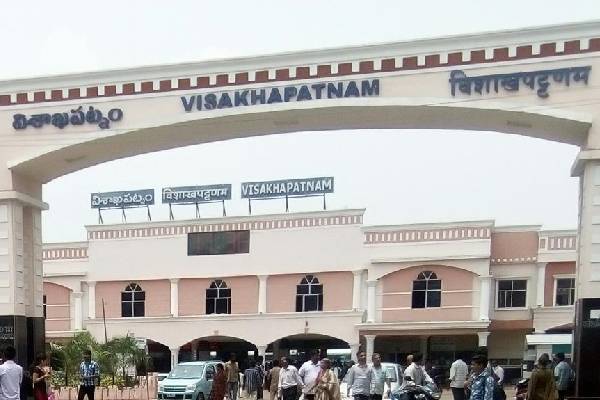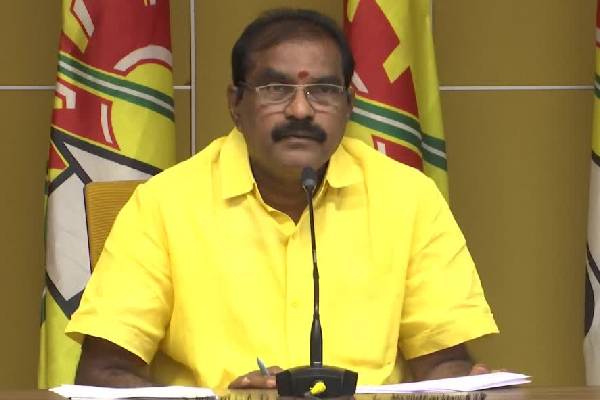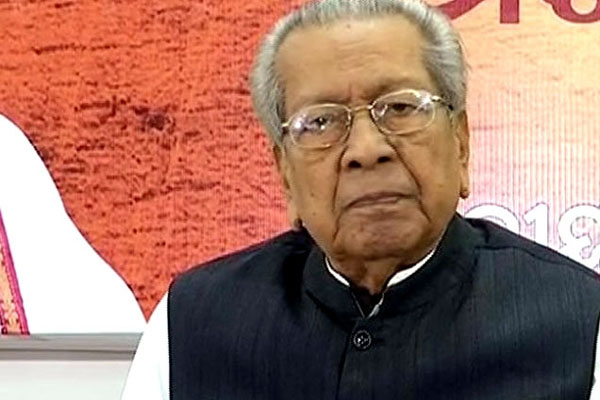In a tearing hurry, Governor Bishwabhushan Harichandan on Friday approved the two controversial bills — the Andhra Pradesh Decentralisation and Inclusive Development of all Regions Bill and APCRDA Repeal Bill paving the way for creating three capitals in the state.
This isn’t the first time that a governor of a state has acted in a partisan and biased manner. In no way will it be the last, either.
Earlier, the Governor had passed an ordinance promulgated to reduce the State Election Commissioner’s term to three from five years. The Governor had given his assent to remove Nimmagadda Ramesh Kumar as SEC. He gave his assent even as the case was sub-judice with at least three petitions pending in the Andhra Pradesh High Court. The next day, the Andhra Pradesh government had appointed 75-year-old retired judge Kangaraju who later met the Governor at the Raj Bhavan.
However, the High Court had reinstated Nimmagadda Ramesh Kumar despite the Governor passing the Ordinance promulgated by the Andhra Pradesh government. In a way, the High Court verdict was not just a blow to the Andhra Pradesh government, but a huge embarrassment to the Governor.
This time, the Governor gave his assent to the two controversial bills even as the matter is pending in the High Court. However, the Governor stated that he approved the two Bills after thorough consultations with legal experts. The Governor’s move gains significance as the matter is sub-judice, pending before the High Court.
The same story is likely to repeat again, mostly likely his decision will prove to be a historical blunder. The Governor’s assent will be open to legal challenge and stand before the courts. However, his assent to the two Bills should not come as a surprise as the Governor while addressing the Assembly session via video-conference from Raj Bhavan had clearly stated that the creation of three capitals will be a reality. The Governor’s statement from Raj Bhavan comes even as the matter was pending in the High Court.
The Governor has approved the bills notwithstanding a demand by the Opposition parties to refer them to President Ram Nath Kovind. Both the Bills were passed in the Assembly in January and introduced in the Council, while the chairman referred them to the Select Committee. The two Bills require deeper examination.
The bills were halted in the Assembly for the second time as the session was suspended amid pandemonium. Telugu Desam Party has requested the Governor not to give assent to the two Bills as the Legislative Council had disapproved the state government policy in this regard.
The Governor’s nod should also not come as a surprise for another reason: Governors in the country are too well-known to have acted in a partisan fashion and served the agendas of parties they belonged to or are closer to.
The governor is appointed by the President who acts on the advice of the Council of Ministers at the Centre as per Article 74 of the Constitution. In essence, the governor is chosen by the government of the day. Therefore, Governors are explicitly or implicitly political appointees.

































